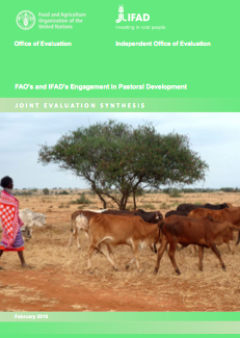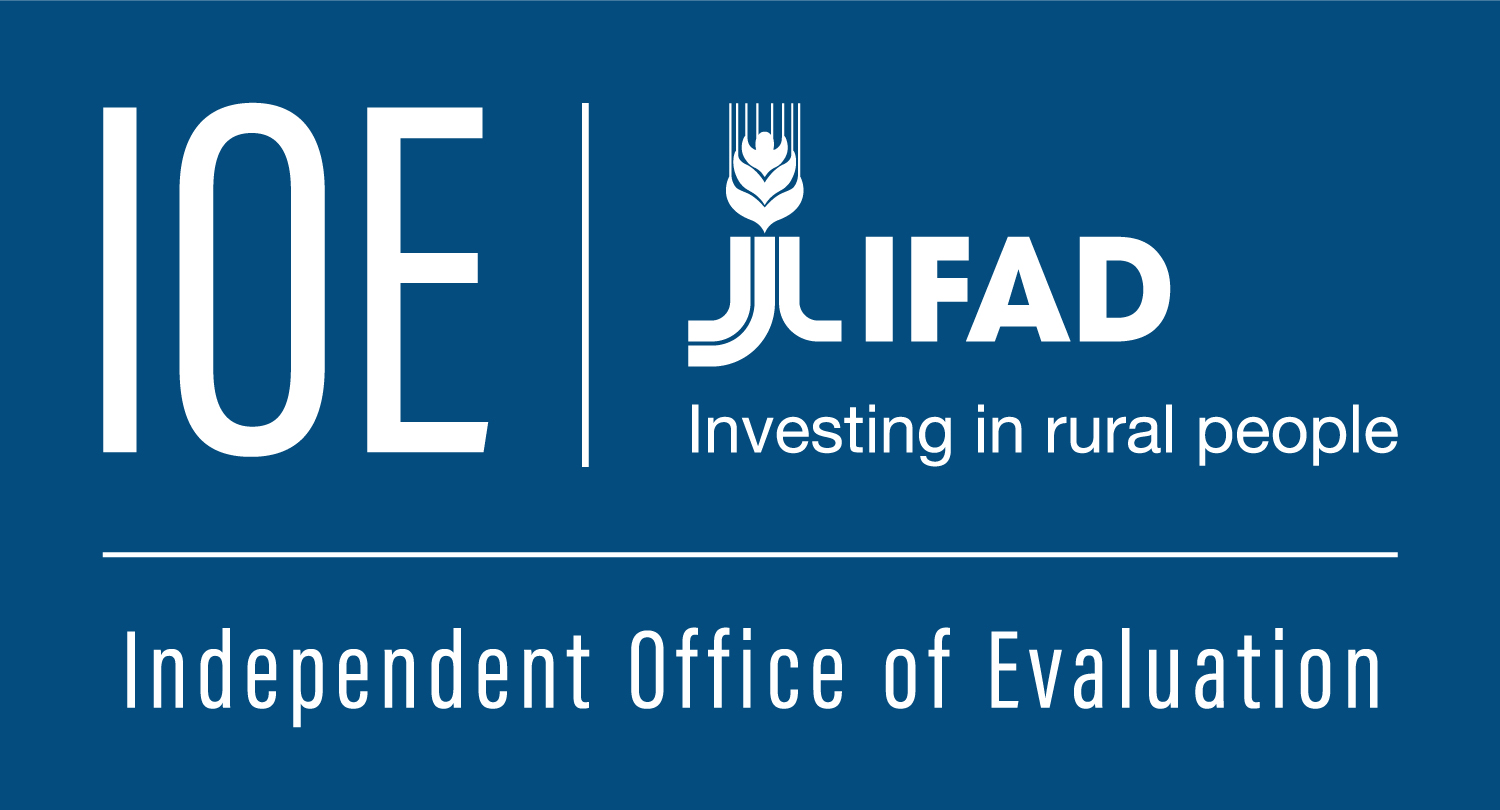
Joint Evaluation Synthesis on FAO's and IFAD's Engagement in Pastoral Development
The Food and Agriculture Organization of the United Nations (FAO) and the International Fund for Agricultural Development (IFAD) have a history of engagement in pastoral development which is likely to continue. In the face of growing challenges posed by climate change, as well as new economic and political realities, pastoralism offers a production system that prospers in landscapes where other livelihood systems are either at their limit or require large investments. In the 2003-2013 decade – the period reviewed by the joint evaluation synthesis – a total of 194 projects related to pastoral development were formulated and US$1.2 billion were allocated. Areas of intervention included animal health and veterinary services, capacity-building, emergency response, rangeland management and policy dialogue.
The evaluation finds that FAO's and IFAD's engagement in pastoral development has been significant, but lacks a coherent conceptual framework and systematic direction. There have been positive results in projects seeking to reduce poverty and hunger by introducing innovative solutions in community-based animal health and natural resource management. However, the evaluation finds that there is still considerable confusion between pastoral development and livestock development, and no clear understanding of pastoral systems, including the specificity of pastoral poverty. This has led to a focus on sedentary activities, and a considerable degree of hit-and miss in the results.
The recommendations focus on the need for FAO and IFAD to create policies of engagement in pastoral development and build capacity for systemic engagement in pastoral systems through, for example, developing a better understanding of pastoral systems and their relation to dryland economies. Furthermore, risk-management and resilience strategies should be prepared. They need to be highly context-specific and include a distinction between risk management and risk reduction. The evaluation also highlights the need for the two agencies to strengthen advocacy by pastoralists and on behalf of pastoralists

